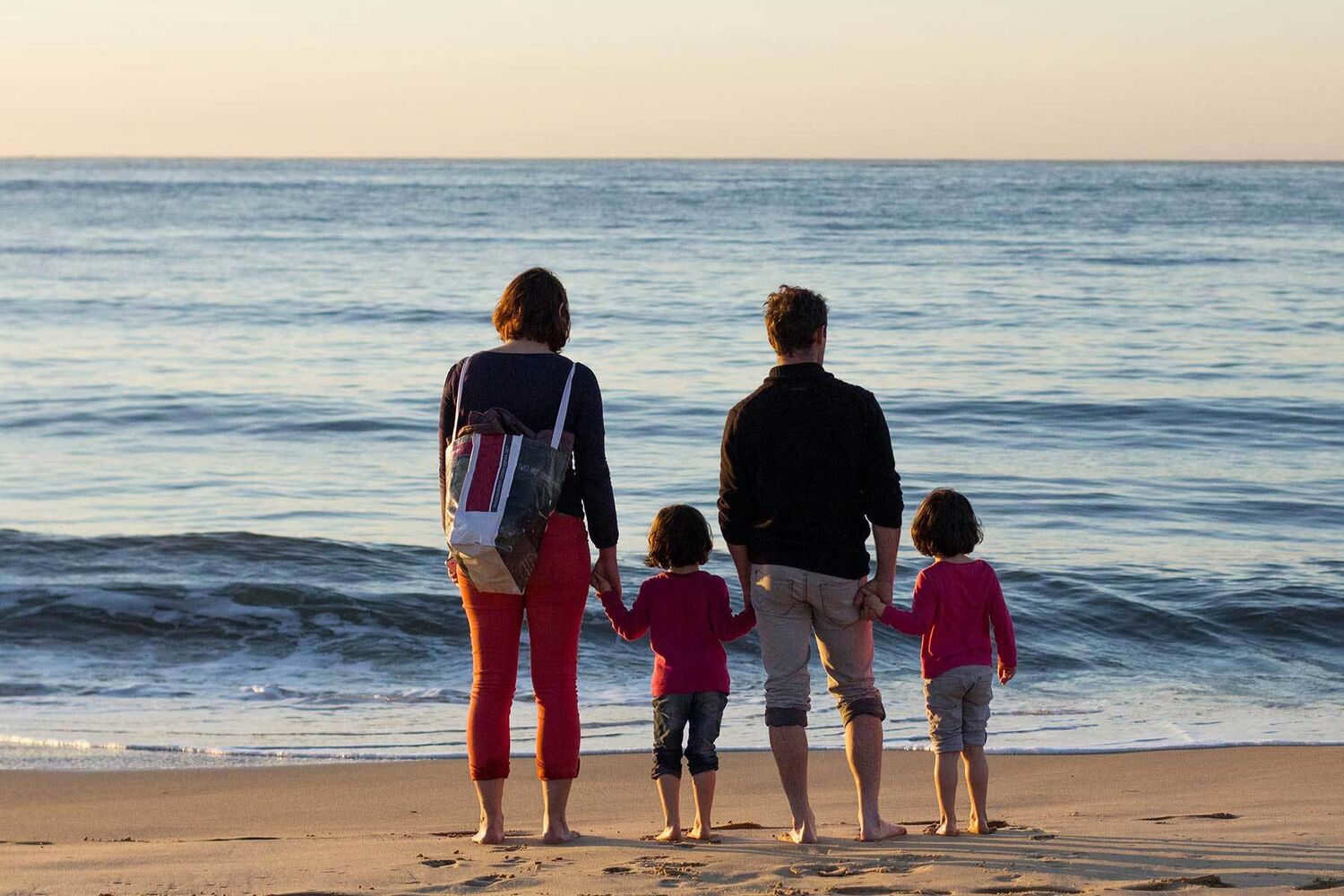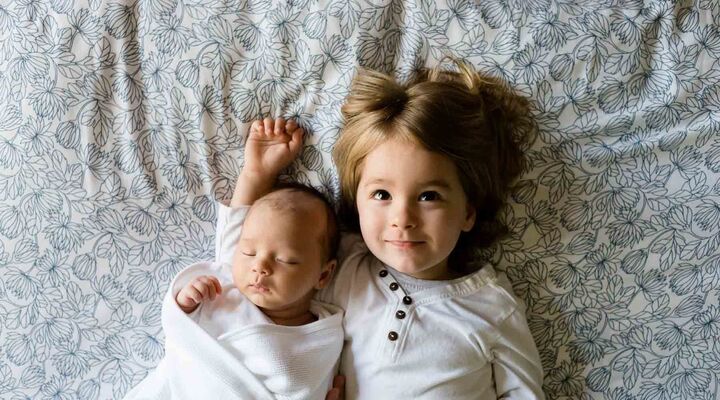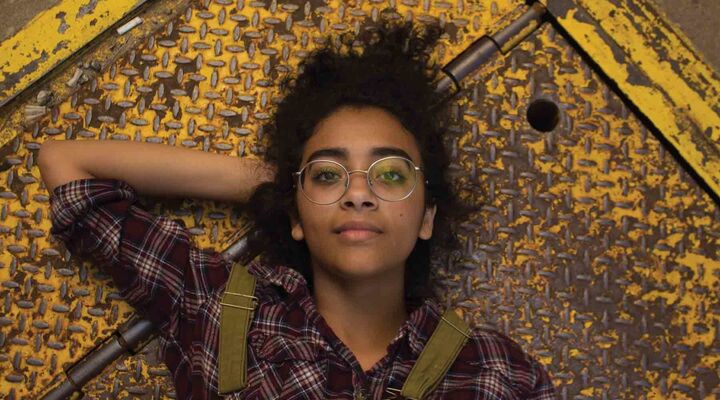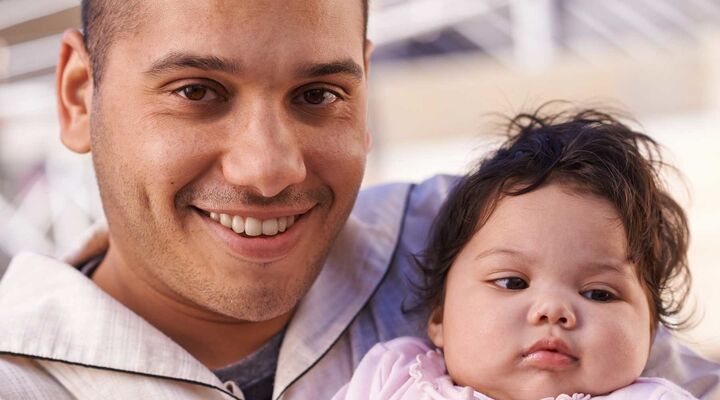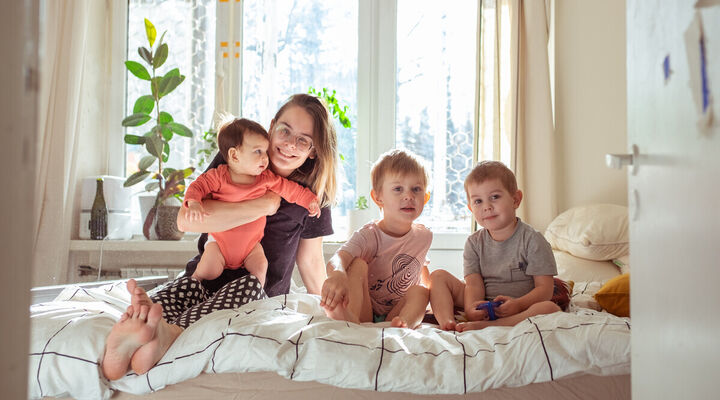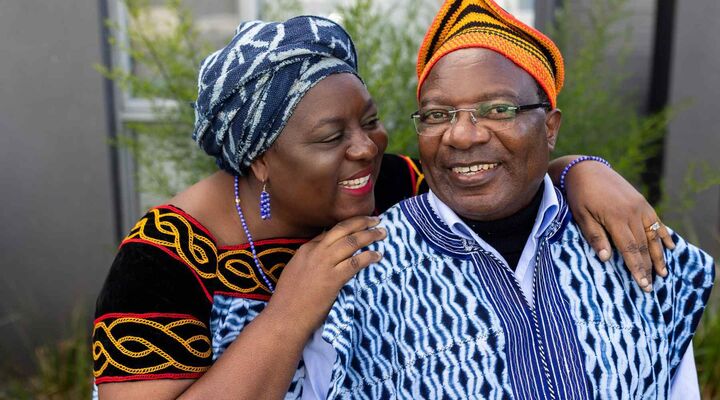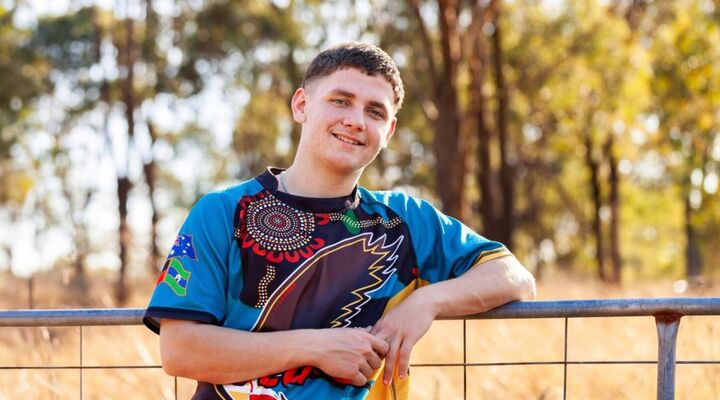Believing that ‘kids just need to be kids’ is the motivation that drives Jo and Peter to be foster carers.
Both work as Police Officers and through their work, they often come into contact with young people who haven’t had the same opportunities as everyone else and who missed out on reliable support during their childhood.
Jo and Peter felt they would be able to provide the security and safety that would help a child to thrive.
“My sister used to be a foster carer, so I’ve seen first-hand the difference that stability and nurture can make to a child’s life,” says Jo. “Peter and I talked about how foster care could fit in with our jobs and lifestyle and about two years ago we enquired with MacKillop Family Services and after accreditation and training we became foster carers.”
Jo and Peter are emergency and respite carers, which means they provide short-term care. Emergency care is for children whose safety is at immediate risk and they typically stay for a short period before a longer-term placement can be found. Respite carers provide planned care for a child, typically one or two weekends a month. This is crucial support for parents, guardians or regular foster carers, giving them a break and allowing the child to experience a different home environment.
“We are currently providing respite care for two little girls and love having them to stay. As we do shift work, it’s pretty easy to organise schedules around the weekends when we have the girls. It’s been great to gradually develop a relationship with them and it’s the little things that let you know you’re making a difference. Just the other day, while I was making dinner, the eldest girl came over and gave me a note that said, ‘I love you’. Seeing kids relax and begin to trust you is one of the best things about being a foster carer.
“Through providing respite care, we support the girls’ foster carers by giving them a break. Foster care can be quite demanding, and providing regular respite ensures we are all in the best place possible to support the girls,” added Jo.
Jo has found that many of her friends are surprised that the couple can combine foster care with their work.
People don’t realise that there is a lot of flexibility around types of foster care and agencies are there to help you work out what fits around work patterns. The most important thing is having the desire to do something to help kids who need a safe home.
“In our working lives, Peter and I often have contact with young people who have experienced instability during their childhood. Consistency, routine and support make such a difference and it’s sad that so many kids can’t take this for granted.
“I found the foster care training really interesting and it reinforces that in dealing with kids who have experienced trauma, you have to see things from the child’s point of view and understand that they will sometimes have unpredictable responses.”
Jo has encouraged several of her colleagues to think about becoming foster carers, and one colleague is currently undergoing training with MacKillop.
“People automatically think you have to be in a relationship or not working to be a foster carer, but one of my friends who is also a police officer and is single, is about to complete her foster care training with MacKillop and she is really excited about providing a stable, secure and loving home for kids who need help.
“Peter and I believe foster care is one of the best things we’ve ever done. We get far more back then we put in, and knowing we are supporting vulnerable families when they need it most is really important to us.”

